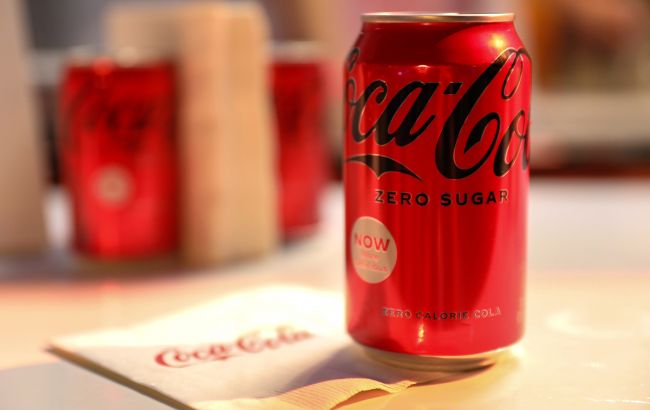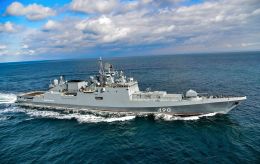Coca-Cola beats expectations with strong first-quarter profit growth despite tariff pressures
 Coca-Cola beats expectations with strong first-quarter profit growth (Illustrative photo: Getty Images)
Coca-Cola beats expectations with strong first-quarter profit growth (Illustrative photo: Getty Images)
Coca-Cola reported profit growth in the first quarter and said the impact of tariffs on its business would remain "manageable," AP News reports.
Despite facing 25% tariffs on aluminum used for cans, Coca-Cola outperformed market expectations.
Company Chairman and CEO James Quincey emphasized back in February: "We can shift supply chains, increase the use of plastic and glass, and take other measures to minimize the impact of tariffs."
In the first quarter, sales volumes rose by 2%, driven by strong demand in China, India, and Brazil. Coca-Cola Zero Sugar stood out with a 14% increase in sales.
However, demand for sports drinks and coffee declined.
In North America, case volumes fell 3%, but an 8% price increase — supported by the growing popularity of premium brands like Topo Chico and Fairlife — helped partially offset the decline.
Full-year forecast adjusted amid a strong start
Total revenue for January – March dropped 2% to $11.1 billion, matching analysts' expectations.
Net income rose 5% to $3.3 billion. Adjusted earnings came in at 73 cents per share, beating the 72 cents forecast.
Despite a solid start to the year, Coca-Cola moderated its full-year earnings forecast, now expecting 7–9% growth instead of the previously projected 8–10%.
In 2024, the company earned $2.88 per share. Coca-Cola shares rose about 1% in premarket trading.
Global instability's impact on business
Coca-Cola's resilience stands out against a backdrop of growing global economic uncertainty.
Recent trade wars and tariff policies, particularly those initiated by the United States, have created significant risks for international trade.
For companies like Coca-Cola, the ability to adapt quickly to changing economic conditions is becoming crucial for maintaining growth and market stability.


